Mueller investigates possible UAE effort to buy political influence
US special counsel Robert Mueller's team is reportedly investigating possible efforts by the United Arab Emirates to buy political influence in the White House by supporting Donald Trump's 2016 presidential campaign.
The investigators have, in recent weeks, questioned a Lebanese-American businessman with ties to the Persian Gulf nation who discussed Middle East policy with top aides to Trump, The New York Times reported Saturday.
George Nader, a back-channel negotiator with Syria during the Clinton administration and later an adviser to the de facto ruler of the UAE, frequently visited President Trump’s White House last year.

The investigators have asked about Nader’s role in White House policymaking and his meetings with senior adviser Jared Kushner and former chief strategist Steve Bannon, according to people with knowledge of the discussions.
They discussed US policy toward Persian Gulf nations prior to Trump's first foreign trip to Saudi Arabia in May 2017, the Times said.
The investigators have also been pressing witnesses for information about any possible attempts by the Emiratis to buy political influence by funneling money to support Trump before he took office.
This could prompt an examination of how money from multiple countries has flowed through and influenced Washington during the Trump era.
The special counsel, who is investigating Russia’s alleged meddling in the 2016 election, has also asked witnesses about Kushner's attempts to secure financing for his family's real estate investments, focusing specifically on his talks with people from Turkey, Qatar, Russia and China in addition to the UAE.
Mueller’s team has also expressed interest in a meeting Kushner held at Trump Tower in December 2016 with former Qatari Prime Minister Hamad bin Jassim bin Jaber al-Thani. The Qatari embassy in Washington, however, rejected the assertions.
According to The Washington Post, officials from China, Mexico, the UAE and Israel have talked privately about ways to manipulate Kushner using his business arrangements, financial difficulties and lack of foreign policy experience.
Iran seeks South Korea’s assistance for AI, fiber-optic projects
VIDEO | Iran's 'Eqtedar' (Power) maneuver
Israel hits HTS military target in Syria for 1st time since fall of Assad
VIDEO | Press TV's news headlines
Israel has slaughtered 13,000 students in Gaza, West Bank
VIDEO | More Zionist than Zionists: Biden’s legacy to be defined by Gaza genocide
Hamas confirms handing approval of Gaza ceasefire deal to mediators
VIDEO | Iran: Show of strength


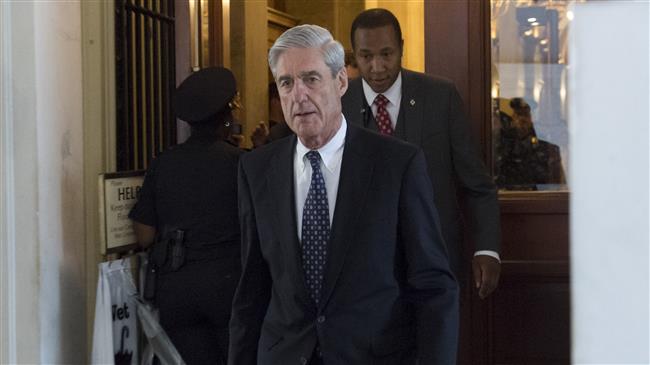

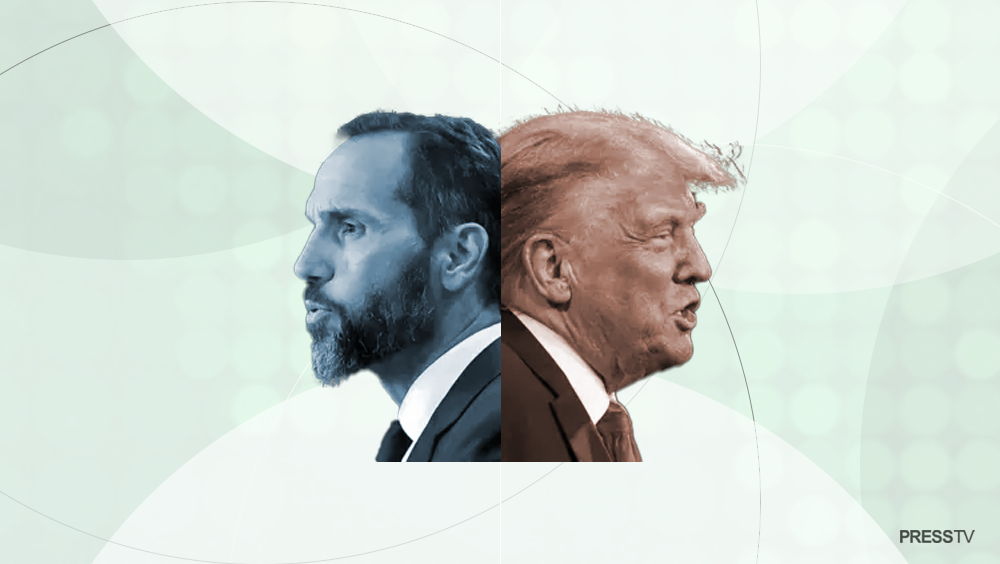
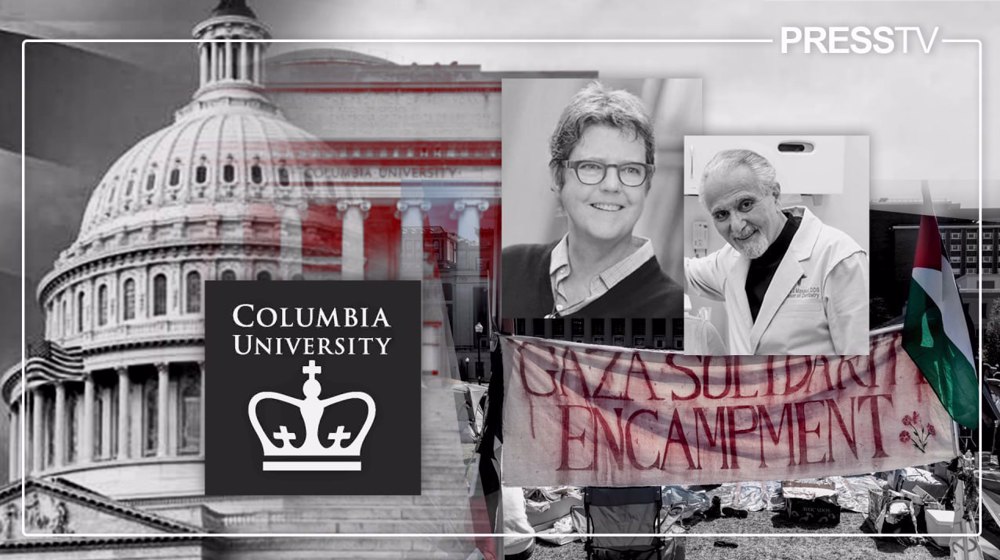
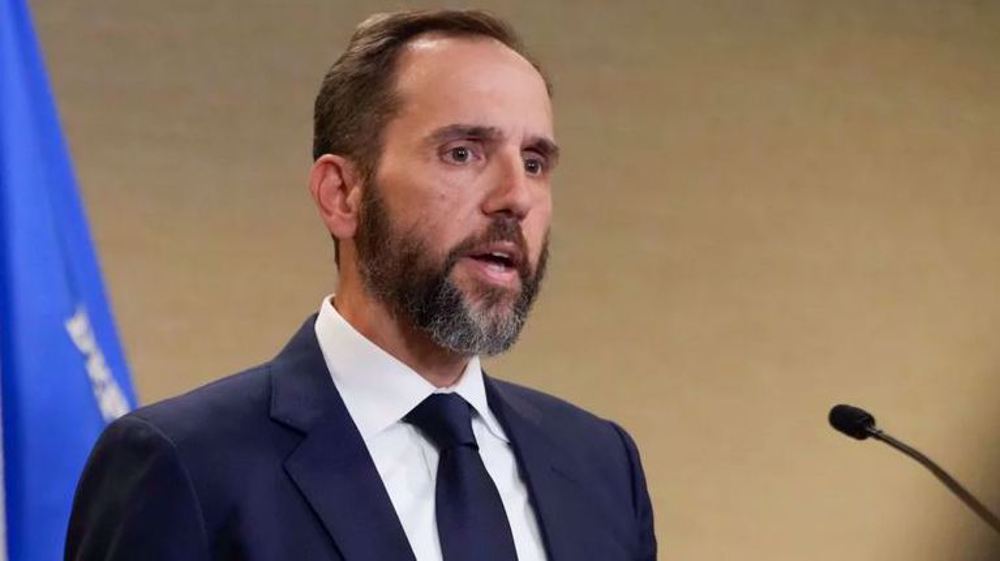



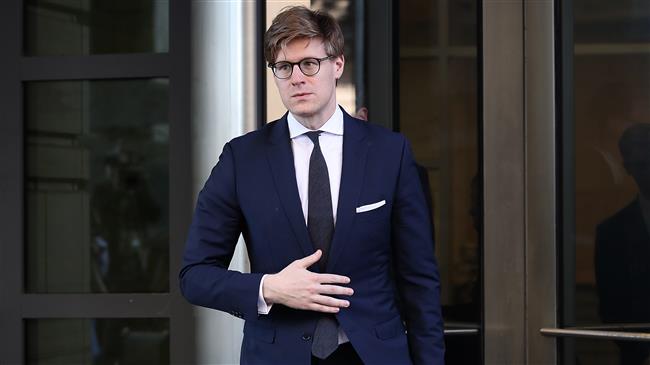
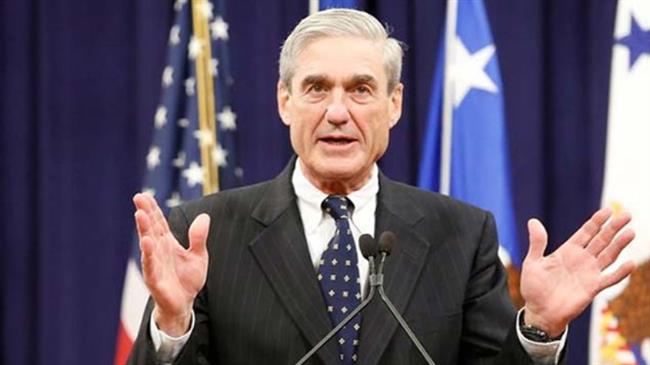
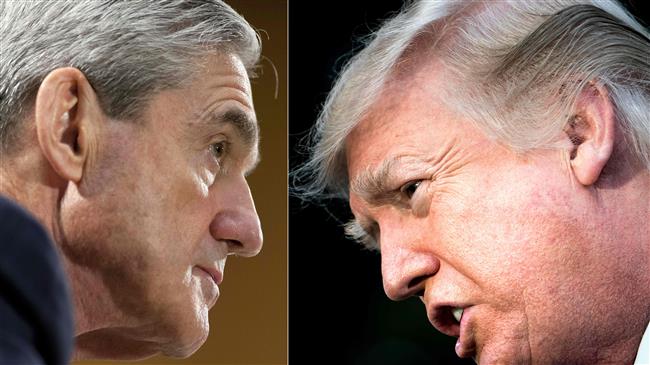
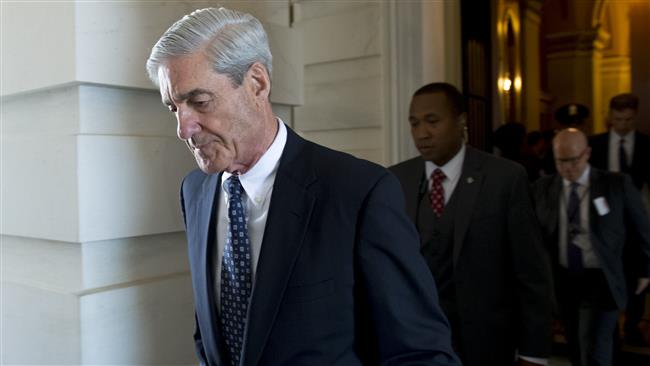
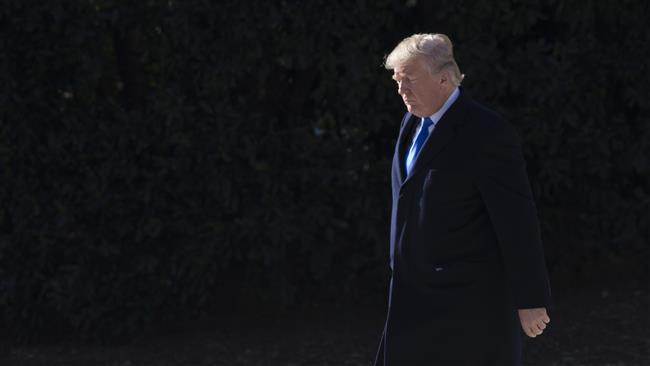

 This makes it easy to access the Press TV website
This makes it easy to access the Press TV website